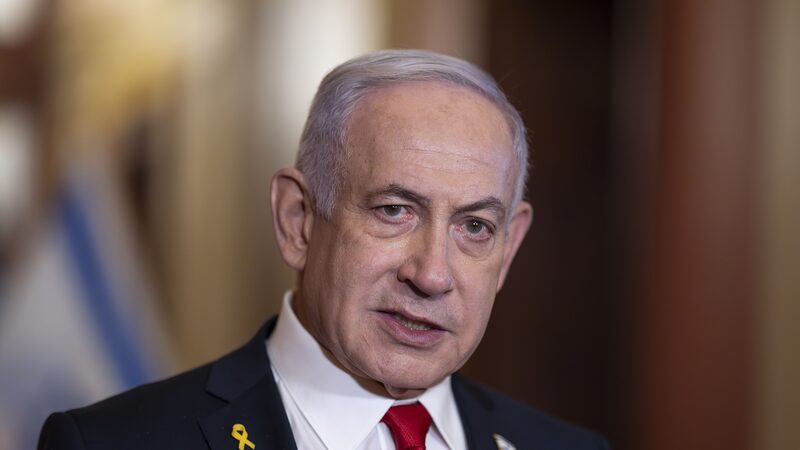Israeli Prime Minister Benjamin Netanyahu announced a potential pathway to end the Gaza conflict during a cabinet meeting on Sunday, stating Hamas leaders could leave the enclave if the group surrenders weapons and cedes control. The proposal, tied to implementing elements of the Trump administration’s “voluntary immigration” plan, comes as Israel intensifies military operations and diplomatic bargaining.
Military Pressure and Hostage Negotiations
Netanyahu emphasized that ongoing military campaigns have weakened Hamas’s operational capabilities, creating “cracks” in negotiations for releasing Israeli hostages. He denied claims that his government prioritized military action over hostage recovery, asserting that “combined political and military pressure” remains critical to securing their return.
Regional Implications and U.S. Alliance
The prime minister also addressed heightened tensions with Lebanon, urging Beirut to prevent cross-border attacks, and endorsed U.S. strikes against Houthi forces in Yemen. “Our alliance with the greatest global power is unwavering,” he stated, referencing Washington’s backing of Israel’s security efforts.
Ceasefire Breakdown and International Concerns
Israeli airstrikes resumed in Gaza on March 18, ending a fragile two-month ceasefire. A Friday strike on Beirut—Israel’s first since November—further stoked fears of broader regional instability. Global leaders have called for restraint, warning of escalating humanitarian and geopolitical consequences.
Reference(s):
Netanyahu says Hamas leaders in Gaza 'will be allowed to leave'
cgtn.com







